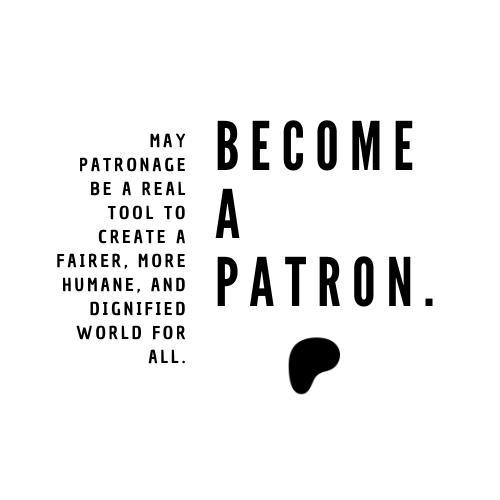An Old Literary Scandal: A Repeated Tale
In a story bordering on absurd ego ―and insecurity, Cait Corrain, a white woman on the brink of publishing her first book, created over six fake Goodreads accounts under BIPOC names. These accounts were used to criticize and degrade BIPOC authors with upcoming 2024 releases while praising her own book. When confronted, Corrain blamed an imaginary friend and wrote a pitiful letter detailing a mental illness and medication changes.
The story is both surprising and infuriating. Beyond the story itself, several questions arise that are worth asking, even months after the event.
On Apologies:
What is an apology? When and how is it made and requested? We acknowledge that harm has been done, that the other exists, and that we have caused the harm. We recognize the other's pain; we are capable of seeing it. We understand our role in others' pain and our own malice or selfish interests. Do we justify or explain? Are apologies given for the other to expunge our guilt or both? Apologies help us re-calibrate our moral compass. It is good—virtuous—to recognize that sometimes we are indeed the villains of someone else’s story. A world full of people who believe they always do good is a dangerous world. How do accountability and apologizing relate?
On Mental Illness:
The second set of questions addresses mental illnesses: What happens when individuals with ill intentions use mental illness as an excuse for their reprehensible actions? This behavior can distort society's understanding of mental illnesses and negatively impact those who are genuinely battling these conditions. How can we address public declarations of mental illness in a way that prevents them from becoming excuses for unacceptable behavior?
On Racism:
It is interesting to consider how people of color often become targets when a white person feels vulnerable, insecure, or out of place. In moments of distress, some white individuals direct their frustrations toward Black people, assuming their actions will go unnoticed. This unfairly burdens Black individuals with the consequences of white emotional turmoil. What was Corrain thinking—or neglecting to consider?
While it's true that Corrain may be dealing with mental health issues, and she deserves compassion and understanding, it's important to carefully consider that sometimes, especially given historical instances, similar feelings have been misused by white women to rationalize harm against people of color.
"White women’s tears are fundamental to the success of whiteness. Their distress is a weapon that prevents people of color from being able to assert themselves or to effectively challenge white racism and alter the fundamental inequalities built into the system."
— Ruby Hamad, White Tears Brown Scars: How White Feminism Betrays Women of Colour
Corrain harmed her career as an author, but she also affected the careers of many other people of color. Why was the focus on her? The same BIPOC authors had to make all the emotional effort to bring this to light, speak out, expose. The responsibility fell on their shoulders. Unfortunately, this is not an exception.
On Goodreads:
How harmful can Goodreads be? Perhaps, like any social network, it can indeed be harmful to many—"toxic," as the trendy adjective goes. However, the issue may not solely lie within the platform itself but rather, significantly, in the individuals who use it and how they choose to use it.
The story that propels this piece is old by standards of novelty (from December 2023), but racism is even older. The questions that arise from this transcend the specific incident and may help us make racism less enduring. It may also serve to remind us that racism is everywhere and that, although we grow tired of it, it seems not to get tired of us.
We chose to leave a photograph not of the racist-author-of-her-own-disaster but of two Black women. This gesture is intended to convey that while race influences everything, our focus should center on Blackness itself rather than viewing it solely through the lens of its opposition to whiteness. It is an invitation to appreciate and honor ourselves.
May patronage be a real tool to create a fairer, more humane, and dignified world for all. Become a patron.
On Patronage
AHUS Patreon Page


